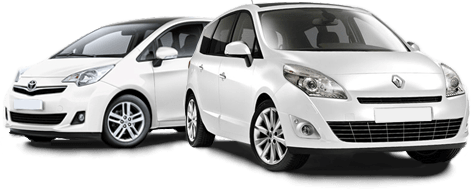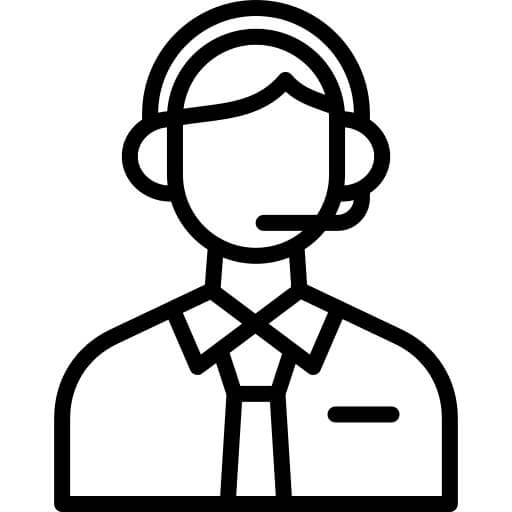1. What is the speed limit in Dover?
In built-up areas, the speed limit is usually 30 miles per hour (mph), but it can go up to 70 mph on dual carriageways and up to 60 mph on single carriageways. On motorways, the maximum speed limit is typically 70 mph. Always look for signposts indicating the speed limits as they can change.
2. Do I need a International driving licence to drive in Dover?
You can drive in Dover and the UK with an EU or EEA driving licence. However, if you're coming from outside the EU/EEA, you should have an International Driving Permit (IDP) in addition to your foreign driving licence.
3. Are there any rules on driving in roundabouts?
Yes, in Dover, traffic flows clockwise in roundabouts, and the vehicles already on the roundabout have right of way. Signal clearly before exiting a roundabout, and always give priority to the right.
4. On which side of the roads should I drive in Dover?
In Dover and the rest of the UK, you must drive on the left-hand side of the road.
5. How are traffic rules enforced in Dover?
Traffic rules are enforced by automated speed cameras, traffic officers, and police. Breaking driving rules can result in penalties ranging from fines to imprisonment.
6. Are there any peak traffic hours in Dover?
During workdays, traffic can be heavy during the morning rush hour (7-9 AM) and the evening (4-6 PM). On weekends and bank holidays, traffic can also be heavy, particularly in summer.
7. Are there speed cameras in Dover?
Yes, speed cameras are used in Dover to enforce the speed limits and ensure road safety. They're set up in many places and roads, and not running a red light or exceeding the speed limit is always advisable.
8. Are there toll roads around Dover?
There are a few toll roads, bridges and tunnels in the UK, but the majority of highways are free to use. The M6 Toll Road, for example, is one of the toll roads in the Midlands.
9. How are road signs in Dover?
Road signs in Dover and the rest of the UK follow international protocols. Direction signs are generally blue or green, while warning signs are red and white.
10. Is it required by law to have car insurance in Dover?
Yes, it is compulsory to have at least third-party insurance that covers damages to others in case of an accident.
11. Can I park my car anywhere in Dover?
No, parking rules need to be followed. Generally, parking is not allowed where there are yellow lines at the edge of the road. Look for parking zones or garages to park your car.
12. What should I do in case of a car accident in Dover?
If you're involved in a car accident, you should stop your car, turn on your car hazard lights, and inform the police immediately. Do not leave the scene before the authorities arrive.
13. Do I have the right of way when merging on motorways?
No, the traffic on the motorway has the right of way. You should use the acceleration lane to match the speed of the cars on the motorway and merge safely.
14. Are there specific rules for overtaking in Dover?
In Dover, you're allowed to overtake only on the right. Overtaking on the left is illegal, except in certain circumstances such as congested traffic.
15. How can I access driving rules, road signs, and regulations in Dover?
You can refer to the Highway Code, a set of information, advice, guides, and mandatory rules for all road users in the UK, including drivers, pedestrians, and cyclists.













